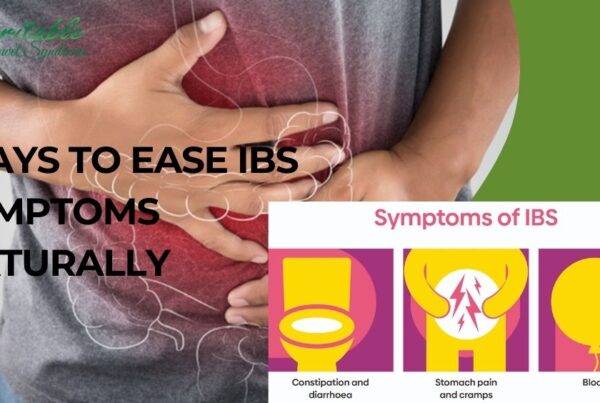
Irritable Bowel Syndrome (IBS) is a chronic digestive illness marked by stomach discomfort, bloating, diarrhoea, and periods of constipation. The cause is unknown. Treatment focuses on symptom management based on the many processes in the aetiology. Several patients have resorted to complementary and alternative medicine due to the extended duration of the condition, inadequacy of established therapies, financial load on patients, and pharmaceutical side effects (CAM). Hypnosis, acupuncture, cognitive behaviour therapy, yoga, and herbal medicine are all complementary and alternative therapies for IBS. In IBS, herbal drugs may have both beneficial and harmful effects. The goal of this research was to assess the efficiency of herbal medications in the treatment of IBS, as well as their potential mechanisms of action. In many underdeveloped nations, herbal medicines constitute an essential element of the health-care system. Because certain herbs have negative effects and interact with conventional pharmaceuticals, it is important for doctors to understand some of the most popular kinds of complementary and alternative medicine. Herbal treatments, on the other hand, may have therapeutic benefits in IBS, and further clinical study is required to determine their efficacy and safety.
Patients with IBS are increasingly being utilised as complementary and alternative medications, particularly herbal supplements. Mentha piperita is helpful in reducing IBS-related stomach discomfort. In the treatment of IBS, aloe vera, curcuma, fumaria officinalis, and hypericum perforatum revealed several mechanisms, including prosecretory action, anti-inflammatory activity, and promoting gastrointestinal motility. Compound treatments including many herbs may be more effective than single items, according to several characteristics that impact the pathophysiology of IBS. To examine the efficacy of herbal remedies in IBS, however, several clinical studies must be conducted.




